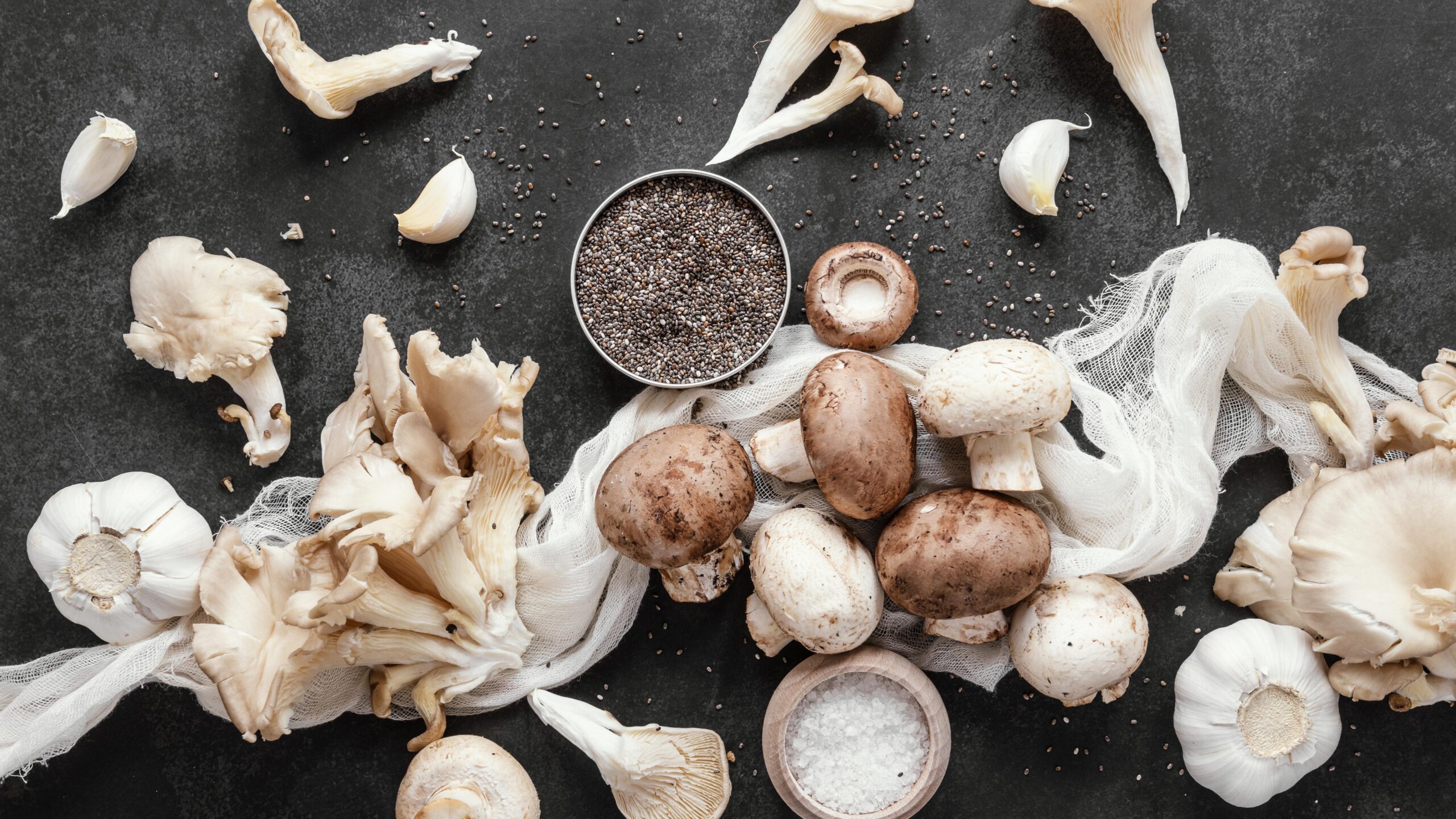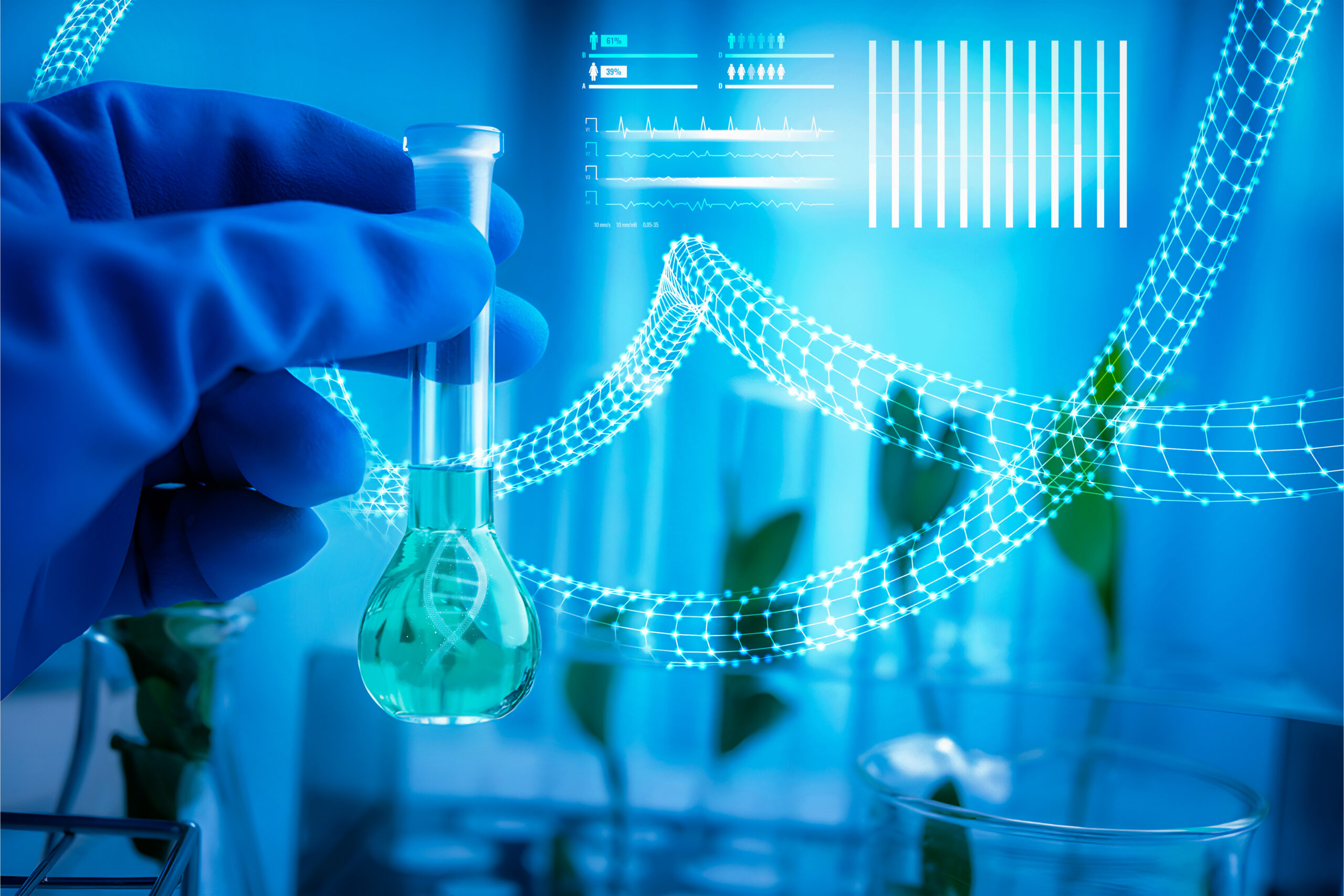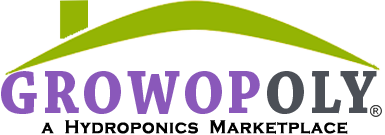
In the verdant expanse of agriculture, a quiet yet profound revolution is underway, with mushrooms being the protagonist of this narrative. As the culinary and health benefits of mushrooms continue to charm the global populace, the demand for these fungal delights is skyrocketing. Responding to this burgeoning demand, a cohort of innovators has emerged from the shadows, armed with groundbreaking technologies aimed at redefining mushroom cultivation. From the digital charisma of AI-powered gardens to the biotechnological wizardry of synthetic biology, the future of fungi farming is morphing into an exciting reality. In this journey of exploration, we will delve into some of the avant-garde technologies and processes that are not merely reshaping the contours of mushroom cultivation but are also setting a precedent for sustainable agriculture. And for those embarking on this fungal farming voyage, GrowOpoly stands as a reliable companion, offering a marketplace for mushroom equipment to nurture your mycological endeavors.
Shrooly: The Smart Garden Revolution
Imagine a garden that learns from its surroundings, adapting to the whims of weather to provide the perfect abode for your mushroom cultivation. That’s Shrooly for you—a smart garden employing Artificial Intelligence (AI) to analyze climate patterns, ensuring your mushrooms thrive in optimized conditions. And the control is at your fingertips, literally! With Shrooly’s app, oversee your fungal farm from anywhere, tweaking the temperature and humidity to perfection. But that’s not all. Shrooly is a nod to eco-conscious cultivation with a design crafted entirely from recycled materials. It’s more than just a garden; it’s a green haven where your mushrooms flourish1.
Smallhold: Distributed Farming for a Sustainable Tomorrow
Bid adieu to the traditional centralized farming model; Smallhold is here to usher in an era of distributed farming. By cultivating gourmet mushrooms closer to the consumers, Smallhold not only ensures fresher produce but also cuts down on transportation emissions. And it doesn’t stop there. The farms are a paragon of resource efficiency, using less water and energy, aligning with the ethos of sustainable agriculture. Every mushroom from Smallhold is a step towards a greener, fresher, and more sustainable tomorrow2.
Synthetic Biology: The Frontier of Fungal Farming

Delve into the microscopic world, and you’ll discover the boundless potential of synthetic biology in mushroom farming. Precision breeding is no longer a dream but a reality, enabling the cultivation of mushroom varieties with enhanced nutritional profiles or better resistance to diseases. With genome editing, the script of life is rewritten to introduce or enhance desirable traits, leading to healthier and more robust crops. And the pièce de résistance? Biomanufacturing. Mushrooms are no longer just a culinary delight but a source of high value-added products like enzymes, chemicals, and therapeutics, thanks to the cell factories constructed through synthetic biology3456.
Tupu: Urban Mushroom Farming Reimagined
In the concrete jungles, a new kind of farming is taking root. Tupu is at the helm, elevating urban mushroom farming to new heights. While the specifics of Tupu’s technology are wrapped in mystery, the venture hints at a future where vertical farming and controlled environment agriculture technologies reign supreme, bringing mushroom cultivation to the urban dwellers with a flair of sustainability7.
MycoLogic: Accelerating the Fungal Future
Time is of the essence in the agricultural domain, and MycoLogic understands it well. Emerging from Kennesaw State University’s BioInnovation Lab, MycoLogic has pioneered a novel automated mushroom production technology, enabling farmers to significantly ramp up their yield and quality of specialty mushrooms. Housed in 40-foot shipping containers, these self-contained farms create the ideal conditions for mushroom growth (source).
MycoLogic’s turnkey solutions come with production chambers that could either be a container farm or an indoor grow tent, fully outfitted with all the necessary hardware, software, and training for mushroom cultivation. This system, soon to be launched in North America, represents a significant stride towards empowering a mushroom renaissance with specialized cultivation tools (source).
Harnessing a blend of scientific research and real-world testing by professional growers, MycoLogic’s unique mushroom cultivation system supports over 20 varieties of culinary and nutraceutical mushrooms. Its specially designed hardware and software not only deliver larger crops in less time but also reduce labor costs, thus boosting profitability for growers. Customers have reported average annual yield rates of over 15,000 lbs. of fresh mushroom in as little as 320 ft² of grow space, showcasing the potency of MycoLogic’s technology in unlocking the crop’s potential (source).
In Conclusion
The future of mushroom cultivation is intertwined with technological innovation. Be it Shrooly’s AI-driven smart gardens, Smallhold’s sustainable distributed farming model, the gene-altering pursuits of synthetic biology, Tupu’s urban farming vision, or MycoLogic’s time-defying cultivation technology—each represents a stride towards a sustainable, efficient, and accessible fungal farming future. As these innovations burgeon, they pave the way for aspiring mycologists and seasoned mushroom farmers alike, promising a horizon where mushroom cultivation is not just a venture, but a voyage of discovery. And as you navigate through this fungal farming odyssey, GrowOpoly extends its marketplace as your anchor, offering a plethora of mushroom equipment to fuel your farming endeavors. The mushrooming innovations are not merely a testimony to the boundless potential of biotechnology and artificial intelligence in agriculture, but they also echo a sustainable, green narrative that is quintessential in today’s world.



 Growopoly’s independent sellers provide equipment and supplies for plant growing, harvesting and post-harvesting. No more guesswork like Amazon and Ebay with their paid algorithms, these products are meant to be sold here. Shop at Growopoly.com today!
Growopoly’s independent sellers provide equipment and supplies for plant growing, harvesting and post-harvesting. No more guesswork like Amazon and Ebay with their paid algorithms, these products are meant to be sold here. Shop at Growopoly.com today!